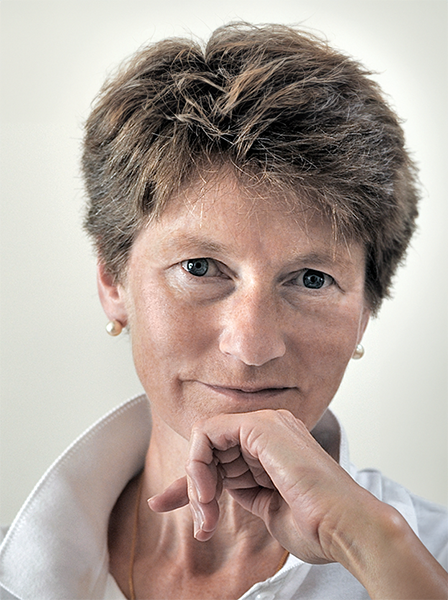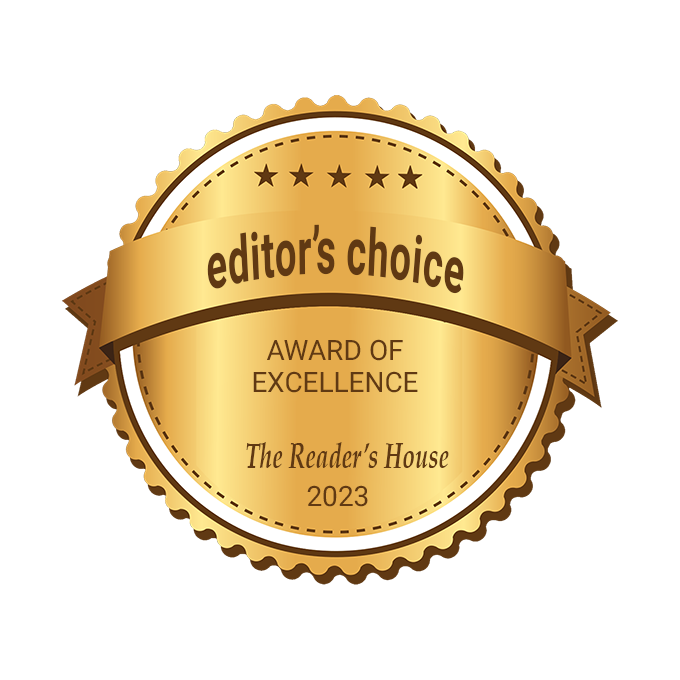Malve von Hassell

weaving captivating narratives from the threads of history and imagination.
In the vibrant tapestry of the literary world, we are often privileged to encounter authors whose narratives are woven from threads of history, culture, and personal exploration. Malve von Hassell stands as a luminary within this realm, her literary journey spanning continents and eras, enriching the landscape of storytelling with a diverse palette of experiences.
Born in Italy and nurtured across Europe before settling in the United States, von Hassell embodies a multifaceted identity that intricately shapes her work. Her academic background in anthropology, coupled with a fervent passion for historical research and storytelling, has birthed a collection of poignant, thought-provoking literature that spans genres.
From her scholarly contributions exploring community gardens in New York City to her translations of esteemed works and the illumination of family memoirs, von Hassell's literary voyage meanders through diverse landscapes, both temporal and geographical.
However, it is within the realm of historical fiction that von Hassell's artistry truly shines. Through novels such as "Alina: A Song for the Telling," set in the tumultuous period of the Crusades, and "The Amber Crane," juxtaposing narratives from 1645 and 1945 Germany, she deftly paints vivid portraits of characters navigating the turbulent waters of history.
In a candid interview, von Hassell shares insights into her inspirations, literary influences, and the painstaking craftsmanship that defines her writing process. Her profound appreciation for luminaries like Jane Austen and Ursula Le Guin speaks volumes about the depth and breadth of her literary palate.
Criticism, she believes, is the alchemy that transforms a tale from mere words into an immersive experience, a philosophy evident in the rich tapestry of reviews that adorn her works. Von Hassell's narratives have been hailed for their evocative imagery, their ability to traverse the most harrowing moments of history, and their compelling portrayal of the human spirit.
As readers, we are invited to journey alongside this remarkable author, traversing epochs and cultures through the lens of her storytelling. Von Hassell's dedication to crafting sentences that sing is a testament to her commitment to the art of writing and the unwavering pursuit of literary excellence.
Within these pages, discover the essence of Malve von Hassell—an author whose narratives not only entertain but also challenge and resonate, leaving an indelible mark on the tapestry of literature.
Malve von Hassell was born in Italy and spent part of her childhood in Belgium and Germany before moving to the United States. She is a freelance writer, researcher, and translator. She holds a Ph.D. in anthropology from the New School for Social Research. Working as an independent scholar, she published The Struggle for Eden: Community Gardens in New York City (Bergin & Garvey 2002) and Homesteading in New York City 1978-1993: The Divided Heart of Loisaida (Bergin & Garvey 1996). She has also edited her grandfather Ulrich von Hassell's memoirs written in prison in 1944, Der Kreis schließt sich - Aufzeichnungen aus der Haft 1944 (Propylaen Verlag 1994). She has taught at Queens College, Baruch College, Pace University, and Suffolk County Community College, while continuing her work as a translator and writer. She has published two children’s picture books, Tooth Fairy (Amazon KDP 2012/2020), and Turtle Crossing (Amazon KDP 2021), and her translation and annotation of a German children’s classic by Tamara Ramsay, Rennefarre: Dott’s Wonderful Travels and Adventures (Two Harbors Press, 2012). The Falconer’s Apprentice (namelos, 2015) was her first historical fiction novel for young adults. She has published Alina: A Song for the Telling (BHC Press, 2020), set in Jerusalem in the time of the crusades, The Amber Crane (Odyssey Books, 2021), set in Germany in 1645 and 1945, and the biography of a woman coming age in Nazi Germany, Tapestry of My Mother’s Life: Stories, Fragments, and Silences (Next Chapter Publishing, 2021). She is working on a trilogy featuring Queen Adela of Normandy.
What’s the last great book you read?
Angel of Alta Langa: A Novel of Love and War, by Suzanne Hoffman, is a compelling multi-generational historical fiction set in Italy. This thoroughly researched, gripping novel spans the years from World War I all the way through the end of World War II. It takes the reader on a journey through a sweeping panorama of culture and history that follows the trajectory of several families in northern Italy. Details of daily life helped to make it real; I felt I could taste the food and the wine, and I grieved with the farmers when hail destroyed the harvest. The farming community of Piedmont became real and tangible as did the fight against the Fascists and the increasingly desperate efforts to hide Jewish families so that they would not get swept up in yet another round up.
What book are you embarrassed to have not read yet?
Hermann Melville’s Moby Dick! Do I need to say more?
Who is your favorite fictional hero or heroine?
Philippa in Dorothy Dunnett’s Game of Kings. In this series, part historical fiction, part rip-roaring adventure writing, one can observe Philippa grow up to become a poised, thoughtful young woman.
What books and authors have impacted your writing career?
One of the writers I aspire to or rather who are completely out of my league in the genre of historical fiction is Gillian Bradshaw. I recommend The Sand Reckoner, a novel framed around the historical character of Archimedes. Bradshaw’s ability to weave together fiction and history is unparalleled, and she infuses her fiction with her background in classical history.
What books do you find yourself returning to again and again?
All of Jane Austen’s books. I read them for the entertainment that they provide, for the insights into her world, and for the exquisite and unmatched excellence of her sentences.
What do you love most about writing?
The work of crafting sentences that sing. When I write a book, I love to sit over a rough draft and begin the process of dissecting and polishing, taking apart chapters, paragraphs, and sentences, and fashioning them into a satisfying product.
How do you deal with writer’s block?
Aside from taking long walks, emptying the dishwasher, or working in the backyard? I recommend leaving something unfinished the night before, e.g., a sentence, a paragraph, or a chapter. On the next day when you resume your work, you can start with something manageable, that is, editing a chapter or finishing a sentence to serve as a bridge to guide you into the next segment. The hardest obstacle to overcome is that dreaded empty page that proudly declares “Chapter 1” on top.
How do you find inspiration for your books?
Luck. Stumbling over something. Falling in love with a character. Coming upon a box of letters from someone I never heard about. Reading about a historical figure and being intrigued by a fascinating question mark in our knowledge. A poem from another age that incites the imagination.
How do you feel about criticism from editors?
Criticism can be writer’s gold. When presented in a constructive fashion, it can be the key to moving from something not too bad to something readable and compelling. I am always grateful for honest and thoughtful commentary. It helps me to become a better writer.
What writer has left the most lasting impression on you?
Ursula Le Guin. I feel a personal affinity for her in that anthropology has informed much of her writing. Her writing is entertaining and enthralling; at the same time, it forces readers to think. For those starting out with her work, I recommend The Left Hand of Darkness. In a single, compact, exceedingly well-crafted novel, she addresses questions of gender, nationhood, patriotism, equality, spirituality, and love. It is hard to put down, and the sheer poetry of the writing is unforgettable.
Quotes from reviews (Amazon and Goodreads):
“This is a fine and compelling book to read, and it is an outstanding example, a textbook, of how to portray and describe the life of a much beloved person.”
“There is much I could say about this book, but one of the things that remains with me as I came to the end, was the haunting imagery that Hassell paints, of a woman who saw and endured so much pain, suffering and brutality before, during and after the war, and who, out of necessity to live and not sink into the maws of that depressive period, locked the pain away, deep inside, and moreover, rarely, if ever, expressed what she felt.”
“A remarkable story of the author's mother and her family life during one of the most important periods in history. Written with love and full of historical facts, it is a brilliant and exciting read not to be missed.”
Follow Malve von Hassell
This "Editor's Choice, Award of Excellence"
is presented to Ms. Malve von Hassell
and a select group of exceptional authors
by The Reader's House magazine

This interview is showcased in the magazine's 41th issue.
Tap the image to access and read on the template page.







